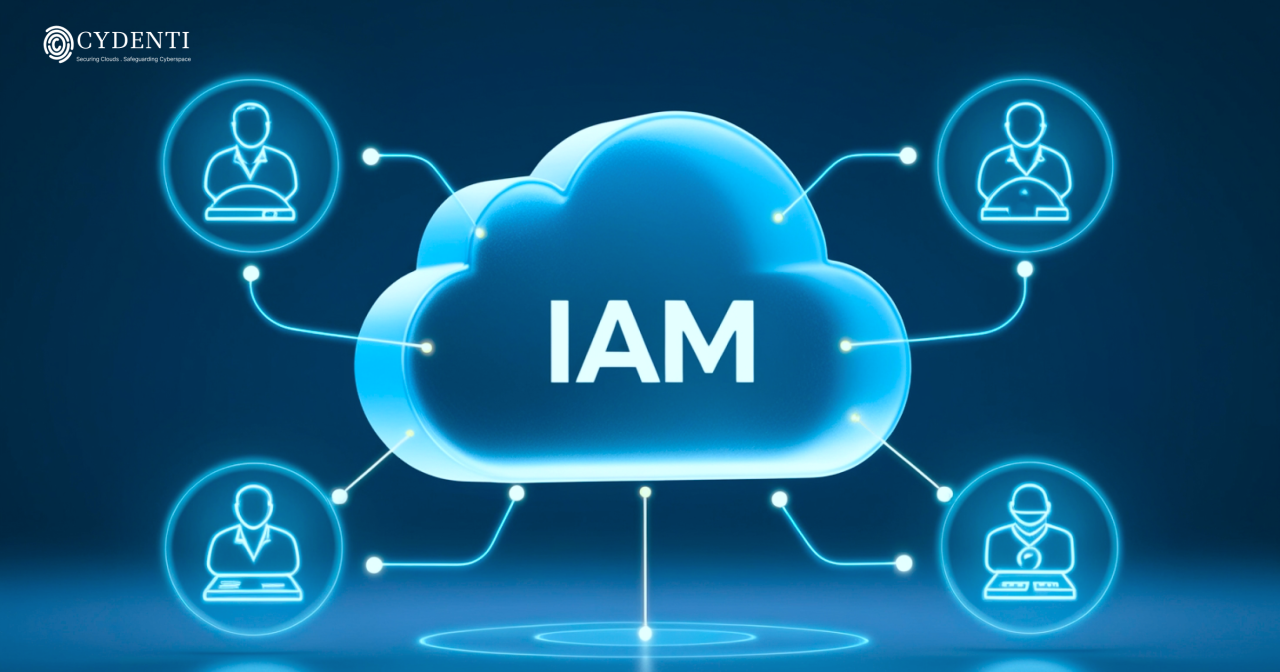Introduction
Have you ever wondered how secure your business really is in the digital age? With the rise of remote work and digital transformation, ensuring robust security has never been more critical. This is where Cloud-Based Identity and Access Management (IAM) comes into play. But what exactly is IAM, and how can it revolutionize your business security?
Understanding Cloud-Based IAM
Cloud-Based Identity and Access Management (IAM) is a framework of policies and technologies that ensures the right individuals have access to the right resources at the right times for the right reasons. Unlike traditional IAM, cloud-based IAM operates on a cloud platform, offering unparalleled flexibility and scalability.
Key Benefits of Cloud-Based IAM
1. Enhanced Security
With cloud-based IAM, businesses can leverage advanced security features such as multi-factor authentication (MFA), single sign-on (SSO), and continuous monitoring. These features significantly reduce the risk of unauthorized access and data breaches.
2. Improved User Experience
Employees can enjoy a seamless login experience across various applications and devices. Single sign-on (SSO) eliminates the need to remember multiple passwords, enhancing productivity and reducing password fatigue.
3. Scalability and Flexibility
As your business grows, so do your security needs. Cloud-based IAM solutions can easily scale with your business, accommodating new users and applications without the need for significant infrastructure changes.
4. Cost-Effective
By moving IAM to the cloud, businesses can reduce the costs associated with maintaining on-premises infrastructure. Cloud-based solutions often operate on a subscription model, allowing for predictable budgeting.
Implementing Cloud-Based IAM: Best Practices
1. Conduct a Thorough Assessment
Before implementing cloud-based IAM, conduct a thorough assessment of your current security posture. Identify key assets, vulnerabilities, and compliance requirements.
2. Choose the Right IAM Solution
Select a cloud-based IAM solution that aligns with your business needs. Look for features such as MFA, SSO, user provisioning, and detailed reporting.
3. Educate and Train Employees
Ensure that employees are aware of the new IAM system and its benefits. Provide training on how to use MFA, recognize phishing attempts, and follow best security practices.
4. Monitor and Review Regularly
Continuously monitor access logs and review IAM policies to ensure they remain effective against emerging threats. Regular audits can help identify and address potential security gaps.
Conclusion
In today’s digital landscape, ensuring robust security is paramount. Cloud-based Identity and Access Management (IAM) offers a comprehensive solution that enhances security, improves user experience, and scales with your business. By adopting cloud-based IAM, you can future-proof your business and protect it against evolving threats.
